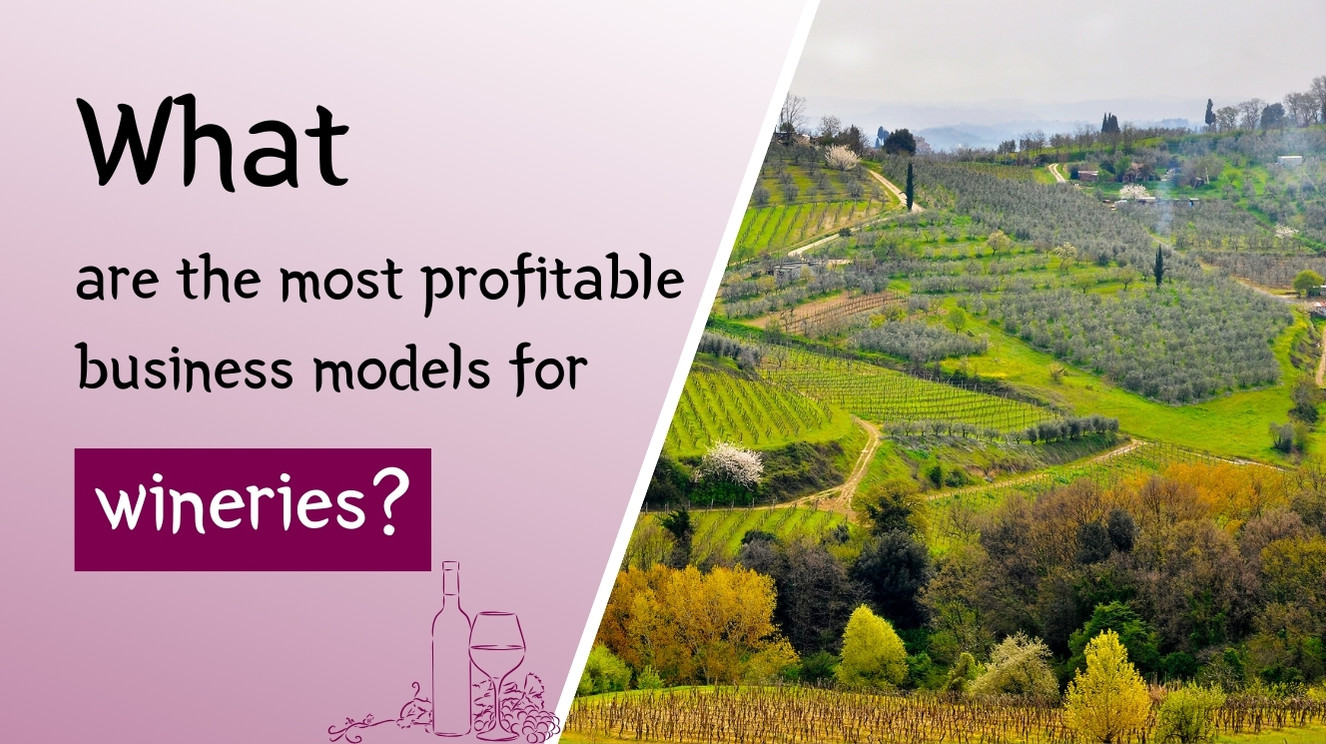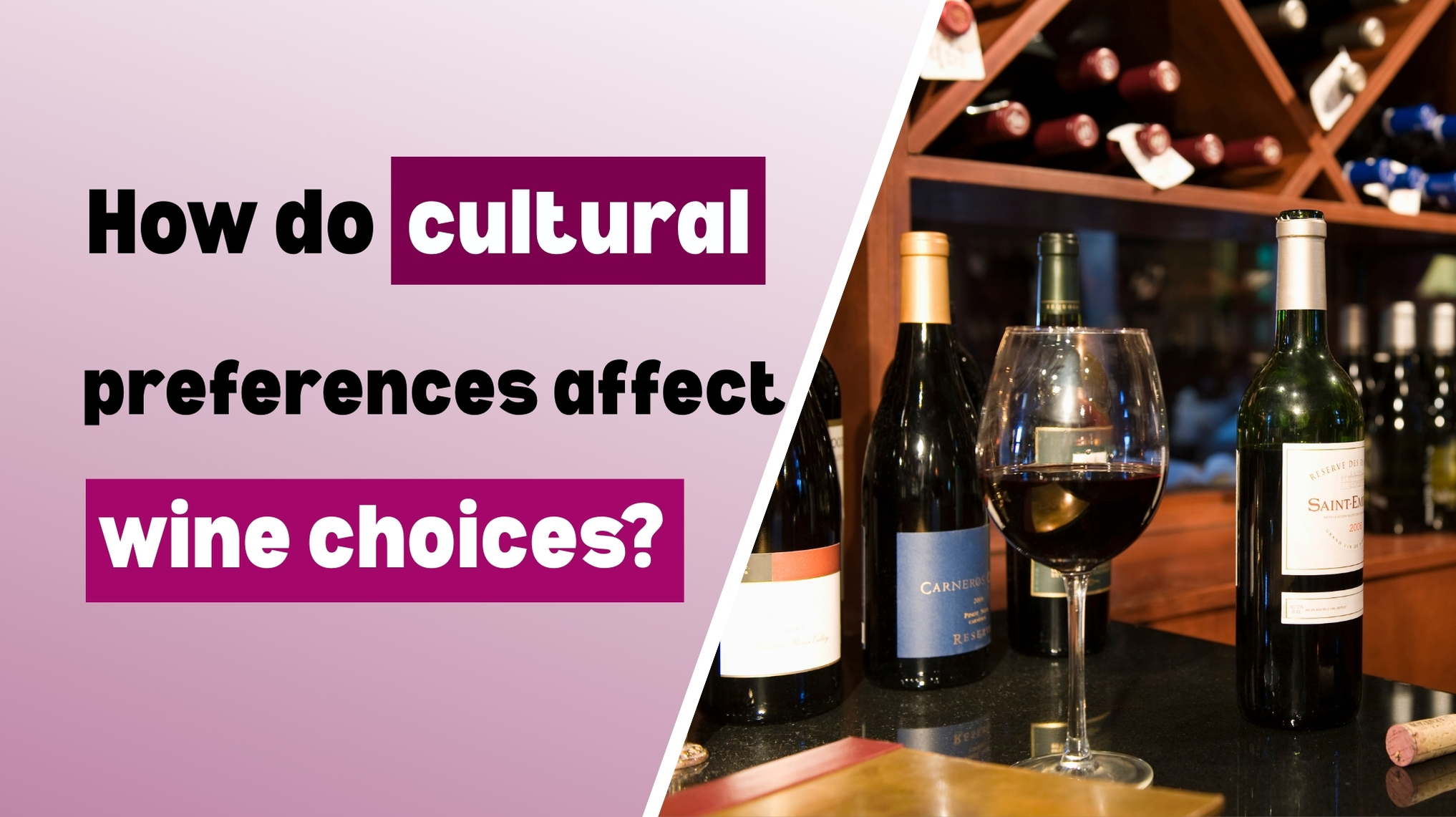Top 10 Most Profitable Business Models for Wineries Explained Simply

Top 10 Most Profitable Business Models for Wineries
In today’s fast-changing wine industry, wineries are trying new and creative ways to grow their profits and stay successful. With more competition and changing customer habits, it’s important for wineries to explore smart business ideas. This article looks at 10 of the best business models that wineries can use to earn more money and connect better with their customers.
1. Direct-to-Consumer (DTC) Sales
One of the best ways for wineries to make more money is by selling wine directly to the customer. This means skipping the middleman and keeping more profit. There are three main ways to do this:
Online stores on the winery’s website
On-site tasting rooms where visitors can buy wine
Wine clubs with regular deliveries to members
This direct contact helps wineries build trust and offer special deals to loyal customers.
2. Wine Subscription Services
Wine subscriptions are like monthly surprise boxes of wine. Customers sign up and get a curated selection delivered regularly. This model is great because:
It creates steady, repeat income
It gives customers a fun and convenient experience
It helps wineries introduce new types of wine
For example, some services ask about a customer’s taste preferences and send wines they are likely to enjoy. This keeps customers happy and coming back.
3. Wine Club Memberships
Wine clubs are perfect for turning casual customers into loyal fans. Members pay to get:
Early access to new wines
Discounts on products
Special wines not sold elsewhere
This builds a community feeling and makes people feel like VIPs. Wine clubs often offer monthly or quarterly wine shipments and host special events for members.
4. Hosting Wine Tasting Experiences and Tours
Letting customers visit the vineyard and try wines in person creates a fun and memorable experience. It also boosts wine sales because visitors often buy what they taste. Other benefits include:
Premium pricing for events and private tours
Hosting weddings or parties for extra income
A good example is wineries that give guided tours and tastings, then sell exclusive bottles that visitors can’t find anywhere else.
5. Sustainable and Eco-Friendly Practices
Going green isn’t just good for the planet—it’s also good for business. Using sustainable farming and clean energy can lower costs and attract eco-conscious buyers. Some simple ways to go green include:
Using solar panels
Recycling water
Growing grapes organically
Studies show that younger buyers, like millennials, are more likely to buy from sustainable brands—even if it costs a little more.
6. Collaborations with Restaurants and Hotels
Wineries can team up with restaurants, hotels, and resorts to reach more people. This helps promote the wine brand in fancy settings. Some common partnerships include:
Exclusive wine and food pairings
Special event nights
Featured wines on restaurant menus
These deals help wineries gain new customers who may not visit the winery itself.
7. Offering Limited Edition and Premium Wines
People love exclusivity. By making small batches of special wines, wineries can charge more and create buzz around their brand. These limited editions:
Appeal to collectors and wine fans
Increase profits with higher pricing
Make the brand seem more elite
Some wineries earn up to 25% more on limited-edition bottles compared to their regular line.
8. Virtual Wine Tastings and Online Events
Thanks to technology, wineries can now reach customers from anywhere. Hosting online tastings and events can grow a winery’s audience and boost sales. These digital events may include:
Guided tastings with a wine expert
Webinars about wine-making
Virtual wine and food pairings
People can join from home and order wines online during or after the event.
9. Wine Investment Platforms
Some wineries are tapping into a new market: wine investors. Rare wines can increase in value over time, just like art or real estate. Investment platforms allow people to:
Buy wine as a long-term investment
Track the value of their wine collection
Resell wine through trusted channels
This is a great way to attract a new type of customer who sees wine as both a pleasure and a profit.
10. Diversifying Product Offerings
Wineries can sell more than just wine. Offering extras like wine glasses, gift boxes, olive oil, or even branded clothing helps:
Increase the value of each sale
Attract shoppers looking for gifts
Spread brand awareness
These extra products make great upsells and give customers more ways to connect with the winery.










